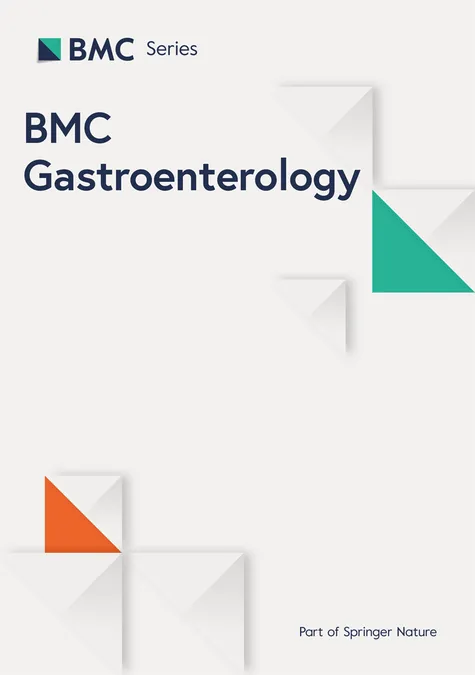
Unlocking Research Equity: How AI is Revolutionizing Citation Practices
2025-08-26
Author: Siti
Revolutionizing Research with AI
A groundbreaking study by researchers at Rice University is showcasing the potential of large language models (LLMs) to enhance responsible research practices, paving the way for more equitable representation in academic citations.
The Study in Focus
Led by bioengineering doctoral student Melissa Cantú, this innovative project examined 27 publicly available LLMs from major companies like OpenAI, Anthropic, Microsoft, and xAI. The focus? Determining how well these models could generate citation diversity reports that help authors evaluate the breadth and transparency of their scholarly references.
Impressive Accuracy and Efficiency
Utilizing nearly 200 self-reported author profiles, the study revealed that several LLMs delivered remarkably accurate analyses of citation lists, achieving up to 99% accuracy and producing ready-to-publish reports in mere minutes.
A Personal Commitment to Inclusivity
Cantú, who is dedicated to making advanced immunotherapies accessible, emphasizes the significance of citation practices. She believes they play a crucial role in determining which voices are amplified in academia, potentially combating biases that can hinder the recognition of underrepresented and early-career scientists. "Citation counts shape visibility and career success," she explained.
The Broader Implications
With LLMs dramatically reducing the time required for ensuring citation diversity—from hours to mere minutes—researchers can now easily incorporate mindful reflection into their manuscript processes. In fields like bioengineering, this not only fosters inclusive scientific discourse but also better represents the diverse populations impacted by their innovations.
Navigating Challenges with AI
While the study underscores the practical advantages of AI in streamlining research practices, it also addresses critical concerns about accuracy and privacy with automated demographic predictions. The researchers affirm that self-reported data remains the gold standard for reliability.
A Future of Inclusive Research
Published in Nature Machine Intelligence, these findings suggest that freely accessible AI tools can seamlessly integrate reflection and accountability into daily scientific practice, ultimately promoting a more inclusive research landscape.

 Brasil (PT)
Brasil (PT)
 Canada (EN)
Canada (EN)
 Chile (ES)
Chile (ES)
 Česko (CS)
Česko (CS)
 대한민국 (KO)
대한민국 (KO)
 España (ES)
España (ES)
 France (FR)
France (FR)
 Hong Kong (EN)
Hong Kong (EN)
 Italia (IT)
Italia (IT)
 日本 (JA)
日本 (JA)
 Magyarország (HU)
Magyarország (HU)
 Norge (NO)
Norge (NO)
 Polska (PL)
Polska (PL)
 Schweiz (DE)
Schweiz (DE)
 Singapore (EN)
Singapore (EN)
 Sverige (SV)
Sverige (SV)
 Suomi (FI)
Suomi (FI)
 Türkiye (TR)
Türkiye (TR)
 الإمارات العربية المتحدة (AR)
الإمارات العربية المتحدة (AR)